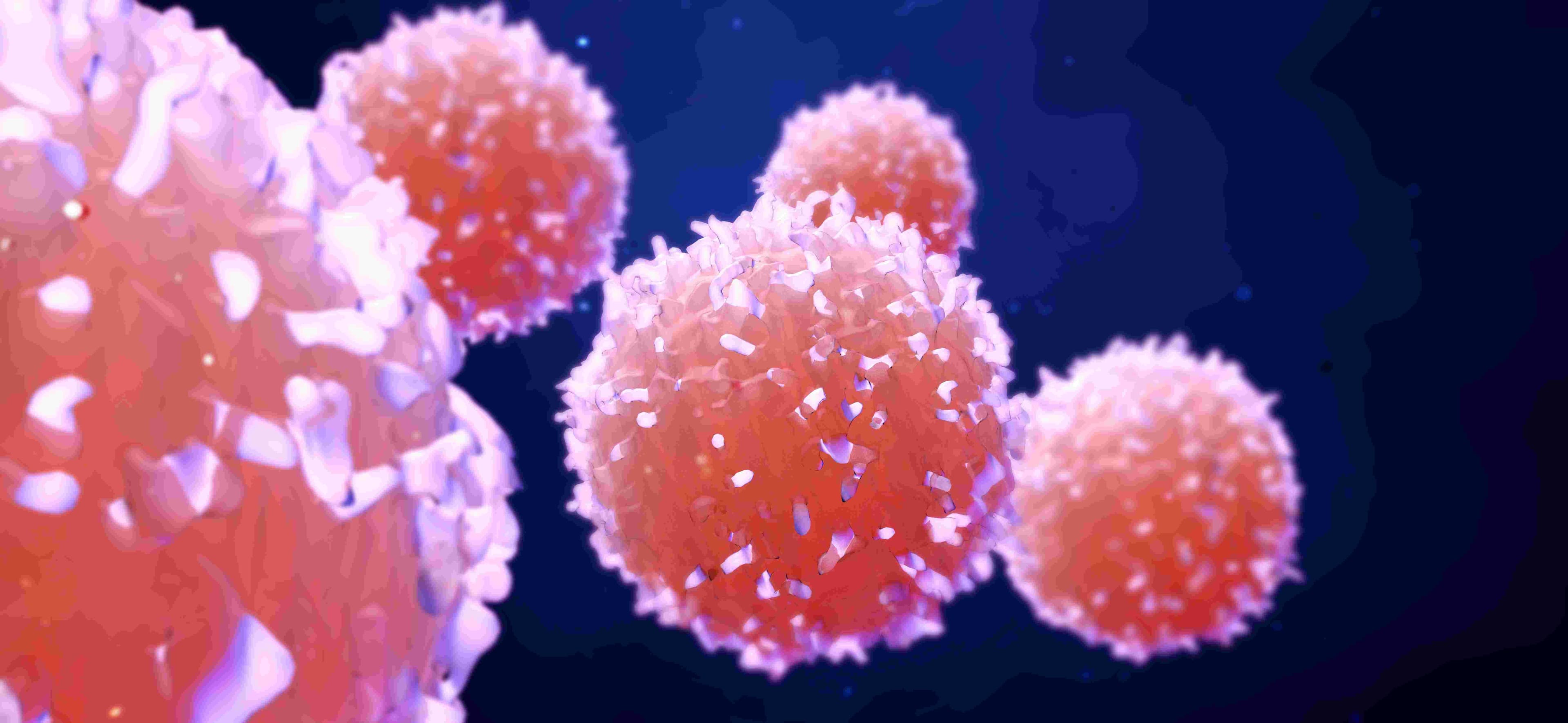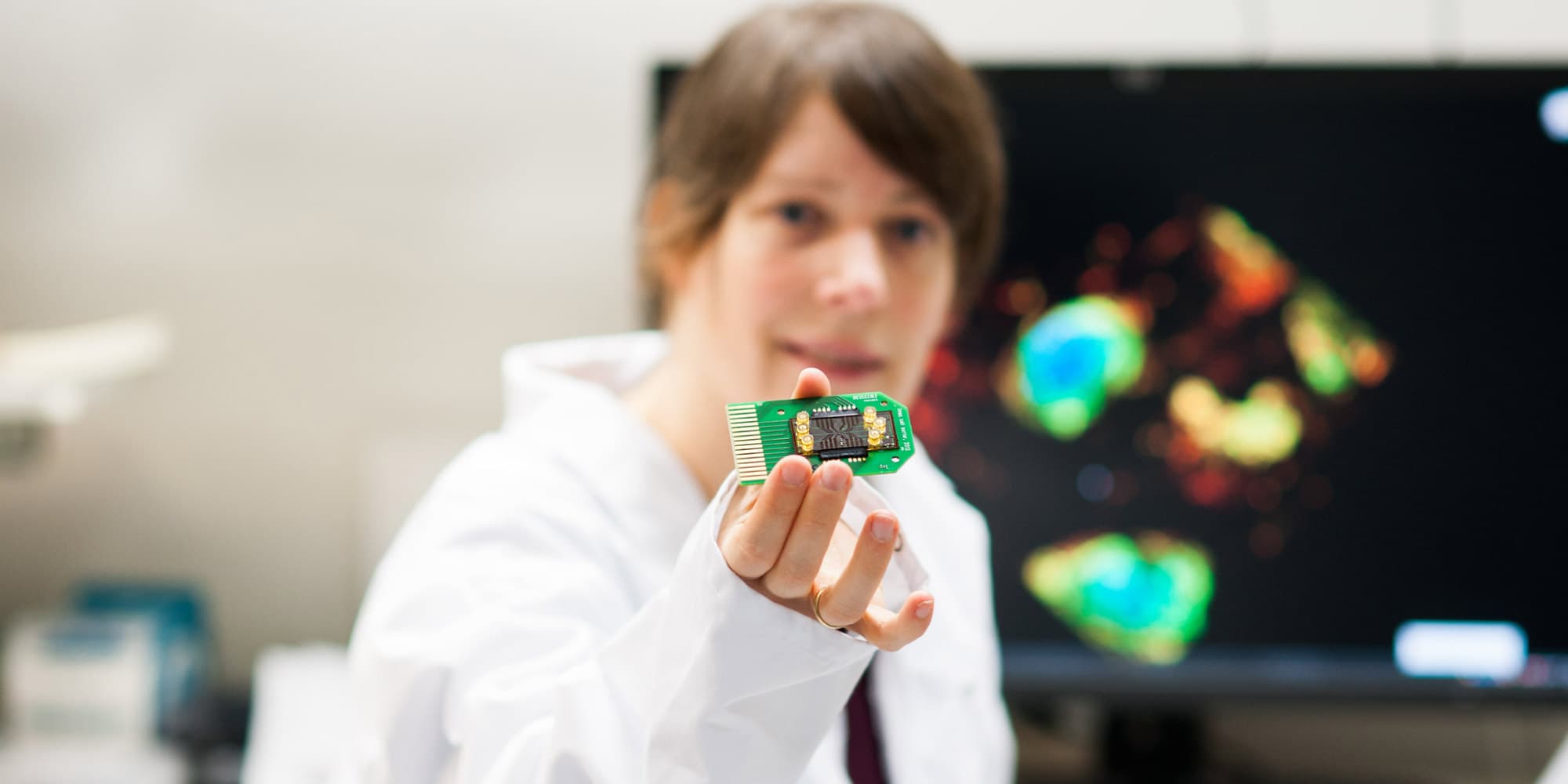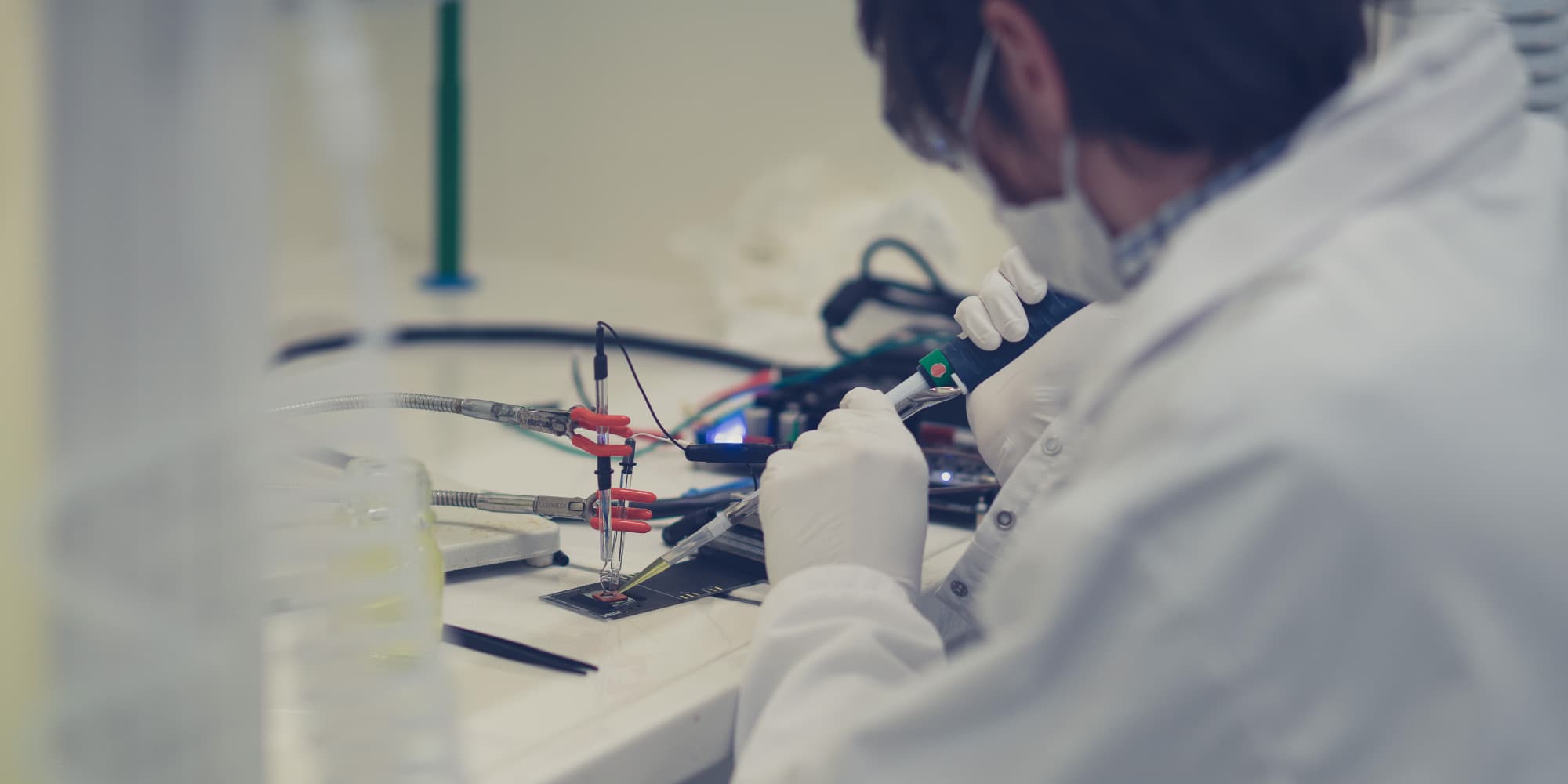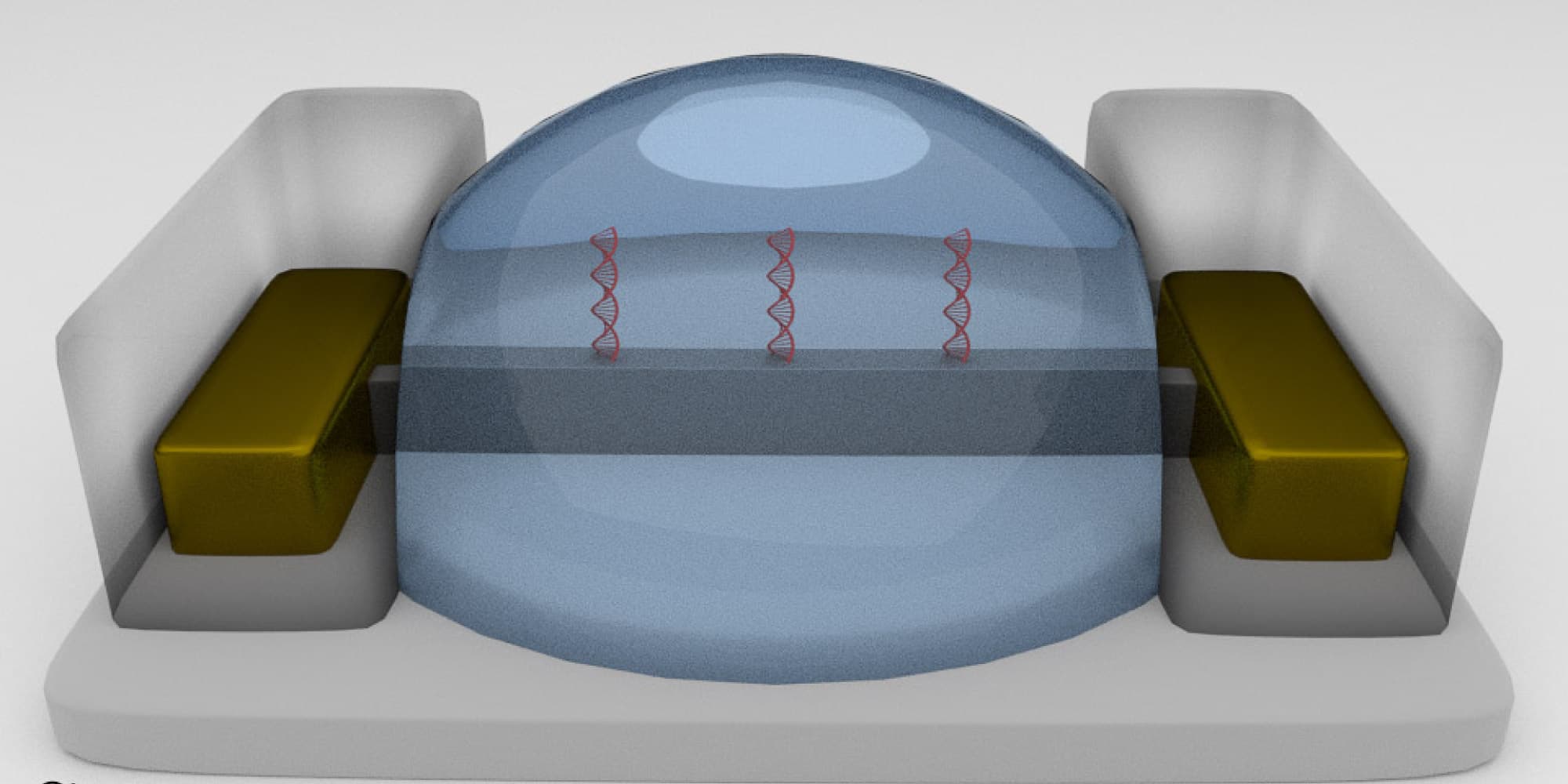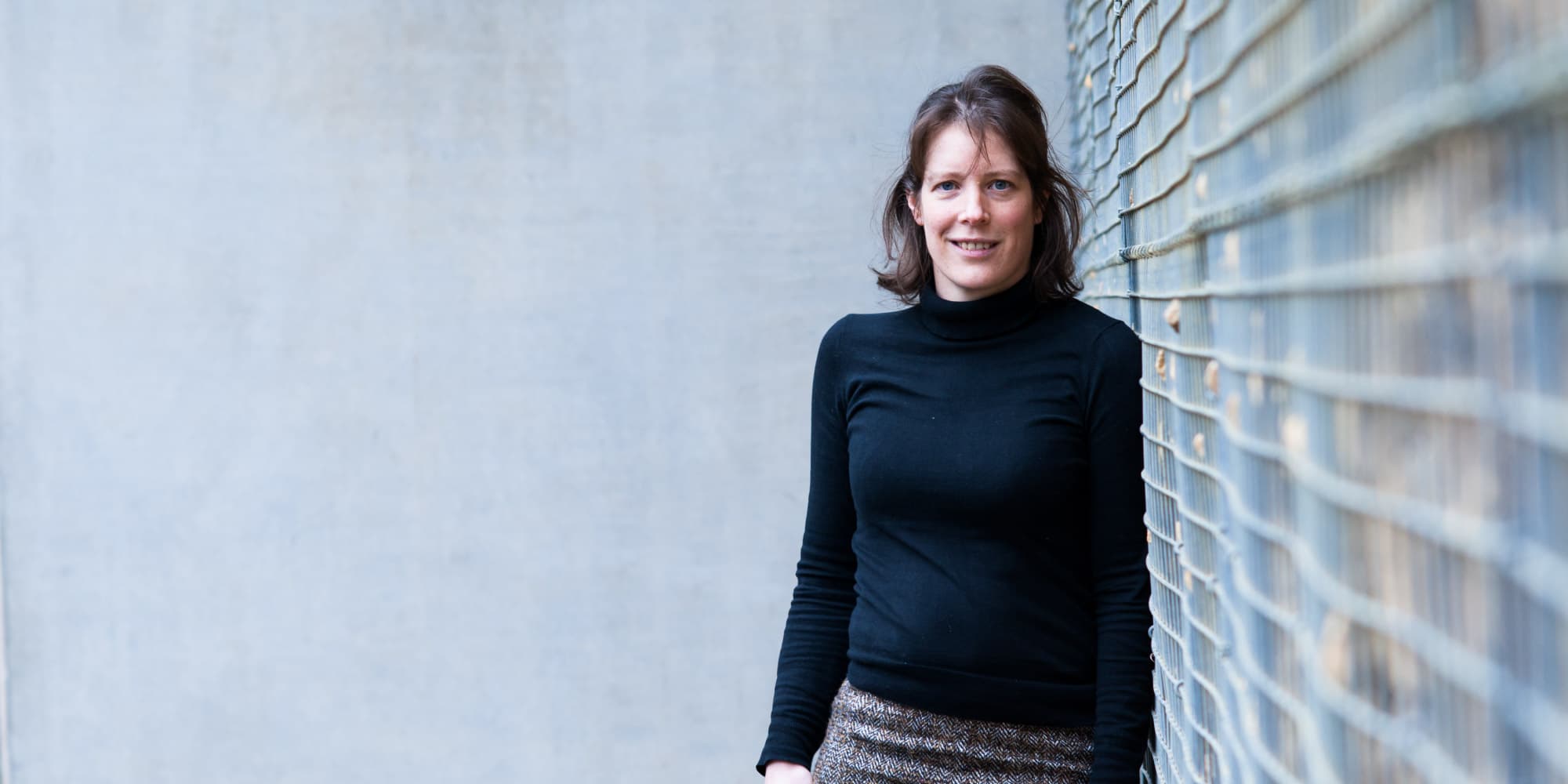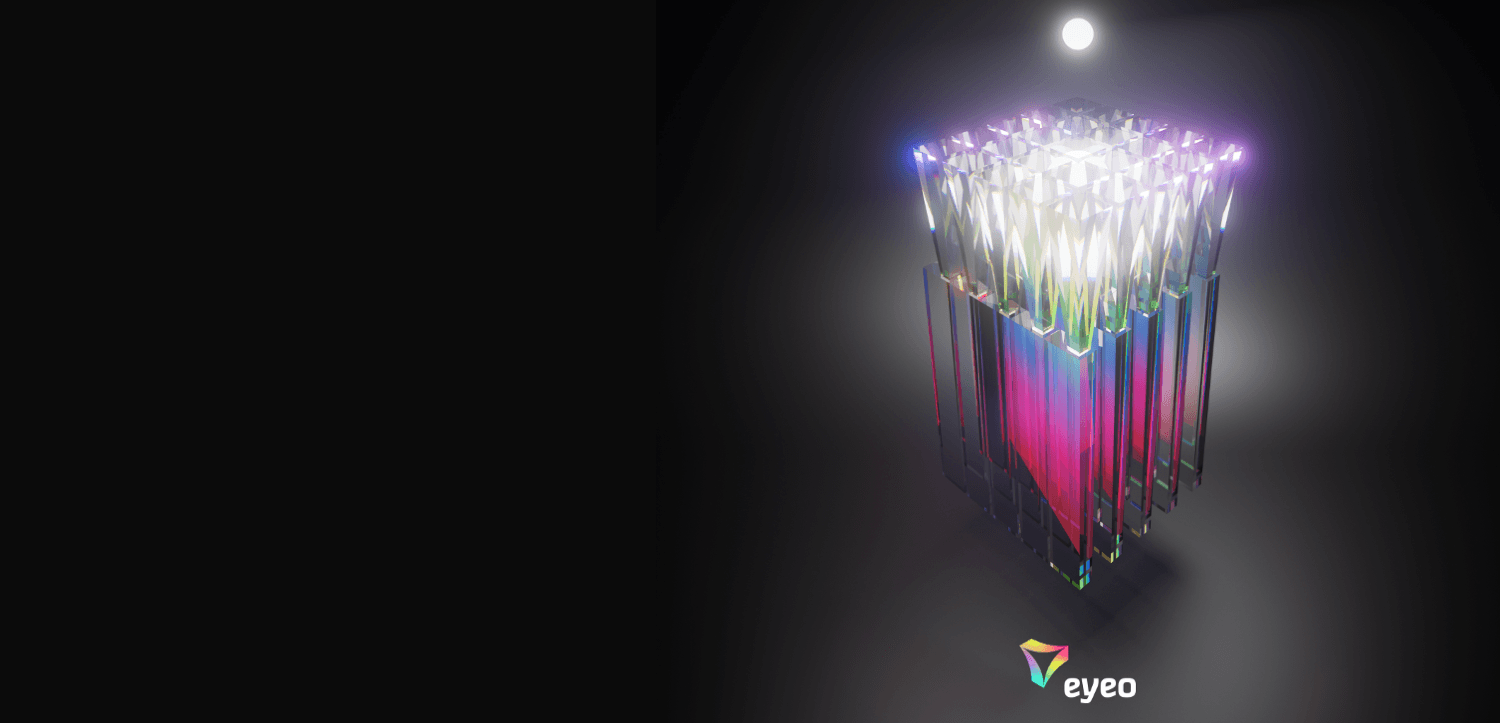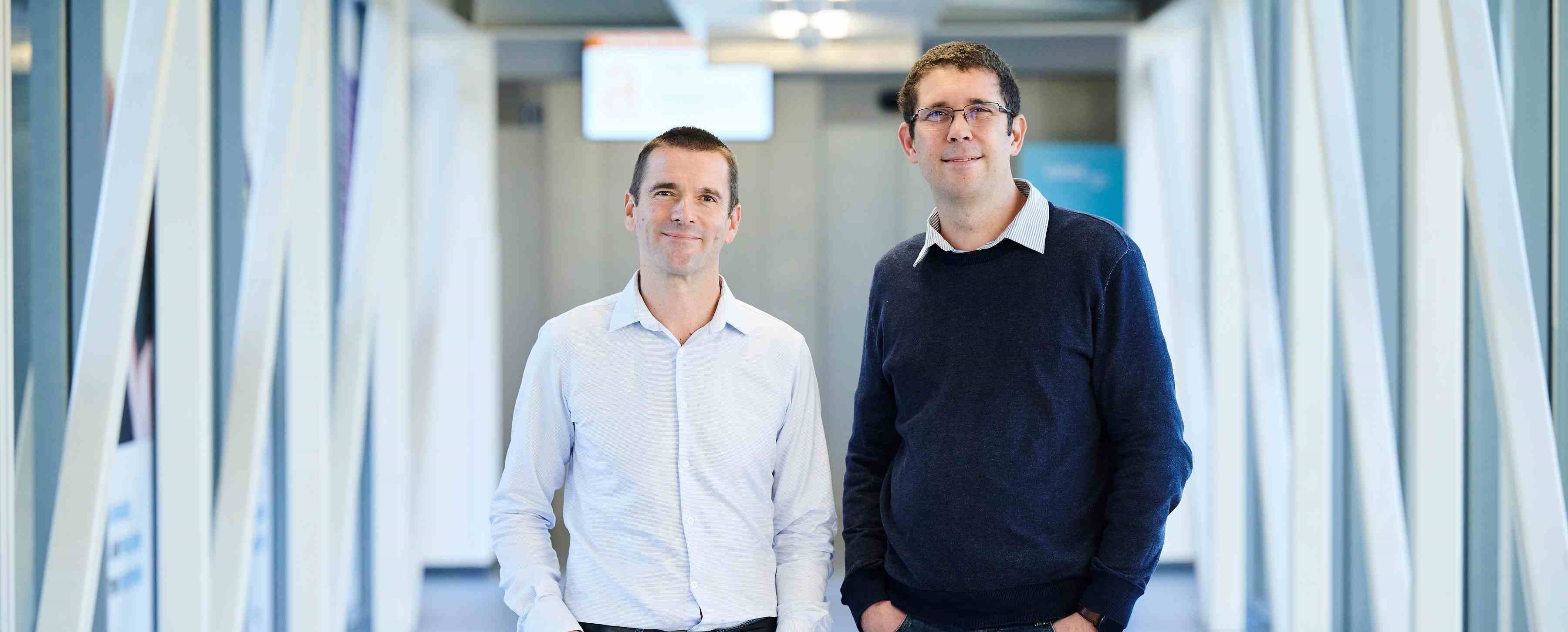Cell therapy is a revolutionary new cancer treatment, using the body’s own immune cells. Manufacturing this ‘drug’ is no simple task, primarily because every batch is unique (as it starts from the patient’s blood cells). Also, it requires significant manual labor and expertise in tightly controlled manufacturing settings.
This complexity translates into high costs and limited access for eligible patients. Recent research has highlighted a concerning trend: patient access to cell therapy often hinges on their proximity to central manufacturing facilities.

Schematic of a typical cell therapy workflow.
An opportunity too good to ignore
"In my previous role, as the director of innovation of a large corporate in the biopharmaceutical industry, I recognized the substantial promise of this emerging treatment," explains Daniela Buchmayr.
“Our team was setting up an innovation strategy to develop tools for facilitating the complex cell manufacturing process. We extensively researched the market, explored new technologies, and interviewed industry stakeholders, gaining valuable insights into the community's needs. But in the end, our vision on new innovative tools was deemed too disruptive and long-term to align with the corporate strategy,” concludes Daniela Buchmayr, while expressing her disappointment at this missed opportunity.
Out of this frustration, Daniela Buchmayr founded Sarcura. "I never aspired to launch my own company, but the opportunity felt too compelling to ignore,” says Daniela Buchmayr. In 2019, Sarcura was set up – a name creatively combining 'sarcoma' (tumor) and 'cure.'
Today, the Austrian company has 27 employees from 14 different countries, with many relocating for the job. “The latter is only one example that illustrates how passionate our team is about the project,” states Daniela Buchmayr proudly.
Shrinking the manufacturing footprint of cell therapies: from room-sized to chip-sized
“Our aim is to develop a miniaturized and autonomous instrument platform that enables cell therapy manufacturing in significantly reduced spaces without the need for manual interactions,” explains Daniela Buchmayr. “This capability is a critical prerequisite for decentralized manufacturing directly at the hospital where the patient is receiving treatment.
Imagine an autonomous, intelligent desktop device that not only isolates specific immune cells from a patient’s blood sample but also rigorously monitors quality at every step – in real-time. In short, by powering new possibilities in cell manufacturing, we want to make cell therapy treatments available, affordable, and safe.”
"Sarcura aims to build an autonomous and miniaturized manufacturing platform that enhances the scalability and reduces the costs of high-quality, patient-derived cell therapies."
From technical paper to trusted partner
“My interest in imec began when I read Liesbet Lagae’s paper on the cell sorter device,” explains Daniela Buchmayr. “It’s an on-chip cytometer that could be used to select specific immune cells out of a patient’s blood.
When I met Liesbet, it was immediately clear that we shared the same enthusiasm and vision to revolutionize the cell therapy field with semiconductor technology. Just as it enabled the incredible evolution from mainframes to today’s mobile devices, it could transform cell therapy manufacturing sites into compact chip-based autonomous and smart systems.”

Imec’s cell sorter technology
The partnership with imec began in 2020, focusing on merging the cell sorter technology with silicon photonics for real-time and inline process and quality control.
"It's the fusion of chip technology, microfluidics, and silicon (or silicon-nitride) photonics that enables extreme miniaturization and parallelization, potentially boosting the throughput of cell therapy manufacturing by 100 times compared to current processes," explains Daniela Buchmayer.
During the initial four years of collaboration, imec and Sarcura concentrated on designing the device concept and mitigating risks associated with all the essential silicon components. The system is currently being integrated, with plans to launch a first product on the market by 2027.
Imec, a partner for deep-tech ventures
Imec is often mistakenly thought to exclusively collaborate with large corporations. To some extent, Daniela Buchmayr understands this perception due to imec's collaborations with the semiconductor industry. However, in life sciences innovation happens through startups. But how do startups manage the size and complexity of such a big organization?
"Coming from a 15-year corporate background, this aspect didn't scare me off. In fact, I like working with imec due to many reasons: the breadth of expertise, the openness and transparency in discussions and R&D work, and the opportunity for intensive idea exchange with specialists," she notes.
I very much appreciate imec’s broad expertise, its openness and the intensive idea exchange with its specialists
Additionally, proximity was a crucial factor for Sarcura. "We preferred to partner with a European entity because building trust – which is the most important thing in a partnership like this – requires face-to-face interaction and collaborative work, sometimes spending weeks together in the lab," she explains.
"It's about learning to communicate effectively and seeing the problem from each other's perspective."
"I’m convinced we can gain valuable insights from the US ecosystem as well. Their networking prowess and appetite for risk are truly infectious. For that reason, I like to visit contacts and VCs in the US.
In Europe, while we possess immense expertise in deep tech, we often struggle to commercialize it effectively. We need to embrace a more open-minded approach and pursue more disruptive initiatives. Starting with making our education less about repeating and learning in silos, and more about creative thinking, across different fields.
"It seems I successfully passed on this vision to my daughter, who is now studying nanotechnology at KU Leuven – this program is a remarkable example of multidisciplinary education, brilliantly integrating physics, chemistry, biology, engineering, materials science, and even medicine.”
Cell therapy, a growing market
Stepping out of her comfort zone seems to be paying off well for Daniela Buchmayr, especially considering the growing demand for cell therapies. "By today, the FDA had approved a total of 6 CAR-T cell therapies, with more than 2000 in development and in clinical trials," she explains. "What's more, the range of conditions they can treat is expanding – from blood cancers to solid tumors, autoimmune diseases, and even infectious diseases.
As the scientific world gains more and more insight in the genius working of our immune system, we need to be ready to ramp up the production of this new generation of therapies. That's my steadfast mission, the fuel that ignites me every single day. And it's the relentless commitment of the entire Sarcura team."
More reading
- Read the press release on the imec/Sarcura collaboration.
- Learn in this recently published paper and press release all about “On-chip flow cytometer using integrated photonics for the detection of human leukocytes”.
- The initial work on the cell sorter technology was funded through the ERC grant SCALPEL and the ERC Proof of Concept grant Jetcell of imec fellow Liesbet Lagae. More info on this page.
- Discover the most recent developments on the cell sorter technology in this application article on ovarian cancer.
- This overview article describes the potential of the cell sorter technology for cell therapy manufacturing.
Do you want to discuss the potential of one of imec’s health technologies in the context of your product? Get in touch through the contact button below.

Daniela Buchmayr brings over 15 years of experience to the biopharmaceutical sector. She earned an engineering degree in biotechnology and genetic engineering, further enhanced by an MBA in Innovation and Entrepreneurship from the Economic University of Vienna. Throughout her career, Daniela has held multiple management roles at international companies, leading the design and implementation of innovative market and business development strategies. Her leadership has been instrumental in driving transformational and cross-functional projects.
As the CEO and co-founder of Sarcura, a Vienna-based deep tech start-up, Daniela is leading a transformative shift in cell therapy manufacturing toward miniaturized, autonomous systems. By leveraging advanced semiconductor technologies within microfluidic cartridges, Sarcura aims to significantly enhance production process efficiency and dramatically reduce costs. This advancement is poised to broaden access to life-saving therapies, representing a pivotal step forward in the field."
Published on:
17 May 2024

